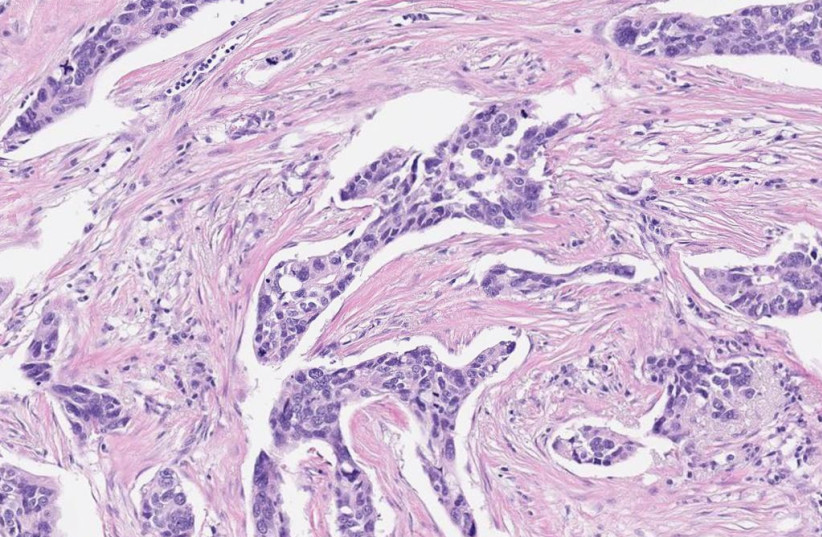Pangea Biomed, the RNA-focused precision oncology biotech company, debuted an advanced multi-cancer response predictor to increase the effectiveness of precision oncology.
The company is also announcing $7M in seed funding led by NFX, which will be used to grow its research and development team, and expand its partnerships and commercial collaborations to support in designing clinical trials and direct drug discovery efforts.
Cancer is a leading cause of death worldwide, accounting for nearly 10 million deaths in 2020, or nearly one in six deaths, according to the World Health Organization.
Immunotherapy and precision oncology have been around for decades and have provided hope for cancer patients.
Immunotherapy, part of a group of therapies called targeted therapy, is a method of treatment against cancer, which helps the body's immune system to detect and attack cancer cells.

Precision oncology is part of precision medicine which is why health care providers can offer and plan specific care for their patients, based on the person's genes
In 2020, the FDA approved a record of 27 precision oncology drugs, and in 2021, the U.S. government put $6.56 billion toward the National Cancer Institute. Still, an immense gap exists between the resources going toward cancer research and development and those benefiting from these therapies: fewer than 10% of patients actually benefit from modern targeted treatments.
Pangea aims to dramatically increase the number of patients who benefit from precision oncology treatments.
Their technology works in two ways: it first creates a “social graph” of genes and then uses it, together with the data from each individual patient's tumor, to match patients with the right drugs.
A retrospective analysis of more than 1,000 patients has further validated Pangea’s methods. The analysis, which studied patients who received either immunotherapy or targeted therapy, demonstrated that a high EMS is associated with a significantly better response to treatment. A testament to its efficacy, Pangea’s technology has proven successful for patients who would otherwise not qualify for precision cancer care.
“Analyzing genes as a group versus as individuals provides a deeper insight into how best to attack the cancer. As such, you could think of our solution as building a social graph for cancer therapy,” said PhD Tuvik Beker CEO of Pangea. “In leveraging this insight, we will be able to match the right treatments to the right patients and unlock multiple potential therapies tailored to each individual tumor, significantly expanding currently available treatment options.”
“There’s a gap that exists between the immense resources going toward cancer research and care and the percentage of patients benefiting from it,” said Omri Amirav-Drory, general partner at NFX Bio. “Pangea is bridging this gap and democratizing precision oncology by using network effects and RNA data to match cancer patients to therapies at scale. We’re excited to partner with them as they revolutionize precision oncology and drug development for the more than 18 million cancer patients today.”
“Pangea’s approach holds promise for more accurate and effective therapeutic intervention,” said Prof. Raanan Berger, director of Sheba Comprehensive Cancer Center. “The company is increasing the proportion of patients eligible for potent modern therapies.”
